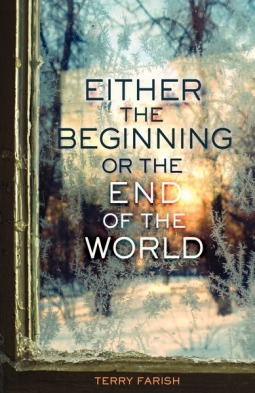


“Lizards will be fine, birds will be fine,” Huber said, noting that life has thrived in hotter climates than even the most catastrophic projections for anthropogenic global warming. In 2010, Huber and his co-author, Steven Sherwood, published one of the most ominous science papers in recent memory, An Adaptability Limit to Climate Change Due to Heat Stress. But if we limit it below 10C of warming, at least you don’t have widespread heat death.” “Habitat fragmentation today will make it much more difficult to migrate. “The modern world will be much more of a killing field,” he said. Huber has spent a sizable portion of his research career studying the hothouse of the early mammals and he thinks that in the coming centuries we might be heading back to the Eocene climate of 50 million years ago, when there were Alaskan palm trees and alligators splashed in the Arctic Circle.

I met University of New Hampshire paleoclimatologist Matthew Huber at a diner near his campus in Durham, New Hampshire. The modern world will be much more of a killing field Matthew Huber, paleoclimatologist The last time it was 4C warmer there was no ice at either pole and sea level was 80 metres higher than it is today. Even warming to one-fourth of that amount would create a planet that would have nothing to do with the one on which humans evolved or on which civilisation has been built.

If the worst-case scenarios come to pass, today’s modestly menacing ocean-climate system will seem quaint. This is a warming spike of an even greater magnitude than that so far measured for the end-Permian mass extinction. If humanity burns through all its fossil fuel reserves, there is the potential to warm the planet by as much as 18C and raise sea levels by hundreds of feet. Raging wildfires, once-in-1,000-years storms and lethal heatwaves have become fixtures of the evening news – and all this after the planet has warmed by less than 1C above preindustrial temperatures. M any of us share some dim apprehension that the world is flying out of control, that the centre cannot hold.


 0 kommentar(er)
0 kommentar(er)
